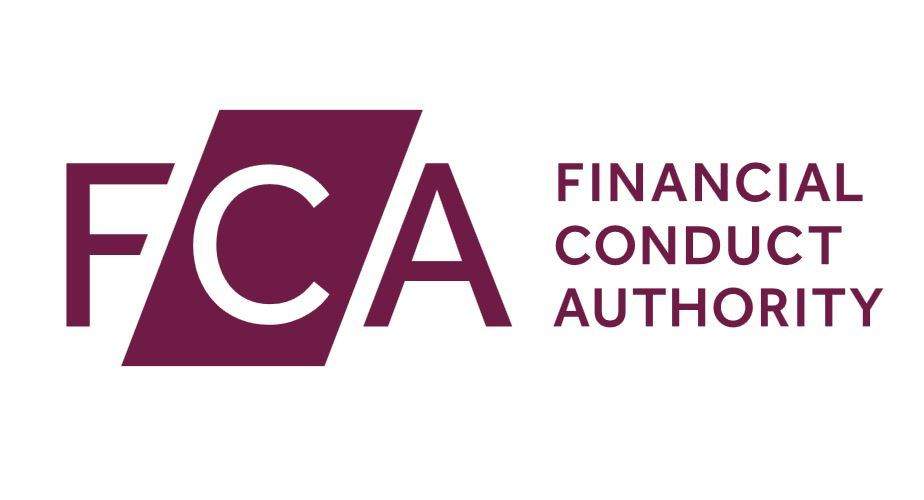
The Financial Conduct Authority (FCA) has confirmed that the Financial Ombudsman Service (FOS) will soon require financial services firms to pay significantly more compensation to consumers and businesses.
As of 1 April, the current limit of £150,000 will increase to £350,000 for complaints by firms on or after that date. Complaints made to the FOS concerning actions before 1 April will increase to £160,000.
The FCA has also confirmed both award limits will automatically be adjusted every year to ensure they keep pace with inflation.
These new award limits will come into effect in parallel to the extension of the service to larger small and medium-sized enterprises (SMEs). SMEs are firms with less than 50 employees, annual turnover of under £6.5m and an annual balance sheet total of under £5m.
An additional 210,000 SMEs will be able to complain to the FOS.
Chief executive of the FCA, Andrew Bailey, said: “Consumers and small businesses struggle with the cost and time needed to take firms to court, so it is essential they can receive fair compensation from the Financial Ombudsman Service when things go wrong.
How well do you really know your competitors?
Access the most comprehensive Company Profiles on the market, powered by GlobalData. Save hours of research. Gain competitive edge.

Thank you!
Your download email will arrive shortly
Not ready to buy yet? Download a free sample
We are confident about the unique quality of our Company Profiles. However, we want you to make the most beneficial decision for your business, so we offer a free sample that you can download by submitting the below form
By GlobalDataWe have listened carefully to the feedback we have received and believe our approach is right and will bring benefits to both the consumers and micro-enterprises currently eligible for the ombudsman service and the small businesses who will become eligible in April.”
The news comes days after the FCA released its exploratory review on motor finance.
The FCA singled out commission models as a concern, hinting that it could lead to intervention in the market.
It found that Increasing Difference in Charges (DiC) and Reducing DiC commission arrangements can provide strong incentives for brokers to arrange finance at higher interest rates. This is because the amount of commission increases with the interest rate that the consumer is charged. In these cases, the broker has discretion to set the interest rate payable by the customer, within parameters set by the lender.







